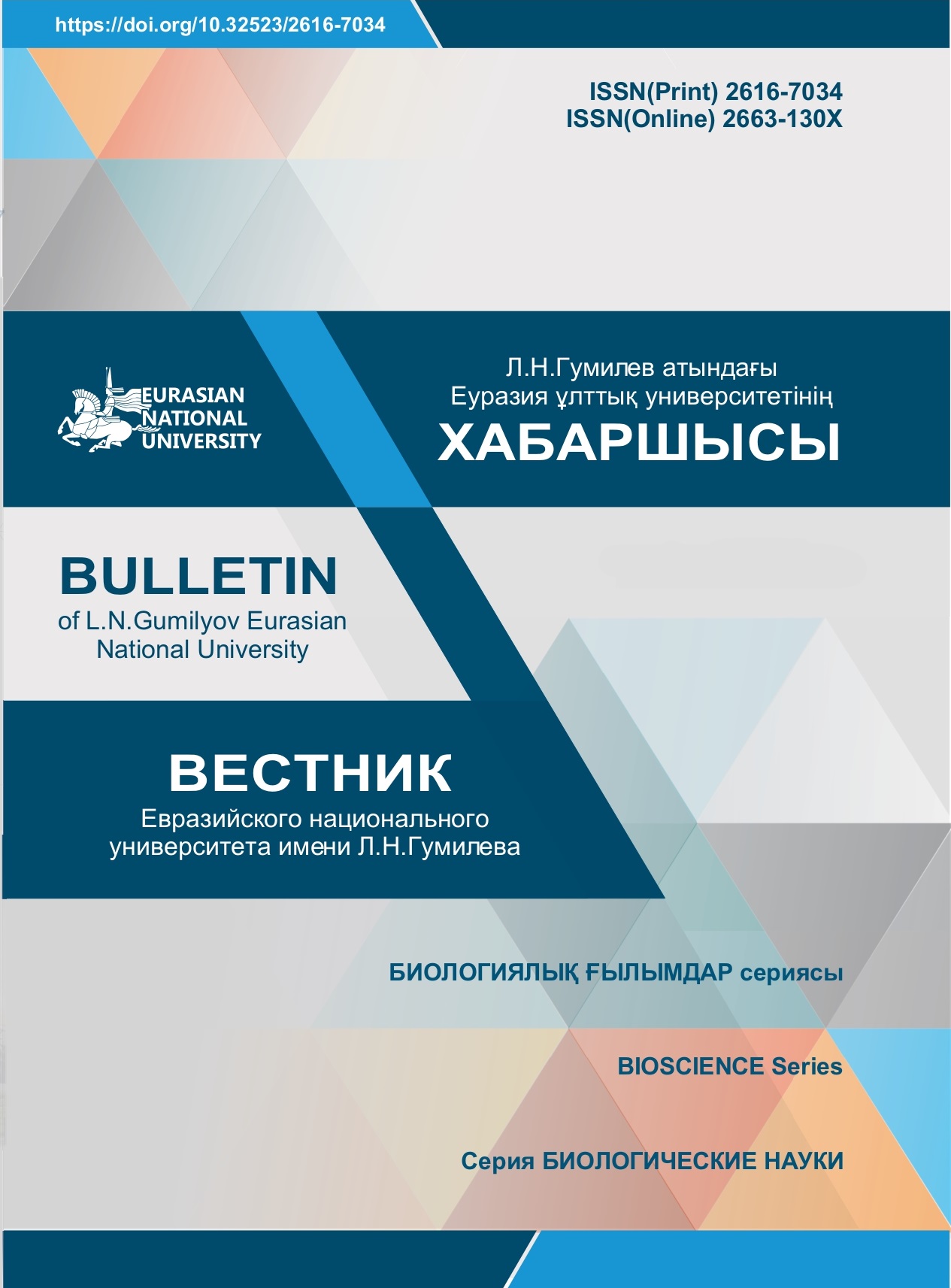The temperature factor of cultivation as a regulator of potato plant morphogenesis in vitro
Views: 243 / PDF downloads: 248
Keywords:
micropropagation, potato, in vitro, development, root formation, height, internodesAbstract
Introduction of biotechnological methods of reproduction in potato seed production has significantly increased the quality of seed material and rate of introduction of healthy and new high-yield varieties in production. The most important factors determining the success of micropropagation and the rate of multiplication of seed starting volume include nutritional factors (composition of nutrient media), hormonal factors (ratio of phytohormonal drugs in the nutrient solution) and physical cultivation factors (temperature and illumination). Many researchers have pointed out the importance of these parameters, but their recommended parameters vary considerably. This paper presents the results of studies on the effect of temperature factor on the development of cultivated potato plants. Regenerated potato plants of Rodrigo, Lyubava, Golubizna, Tuleevsky, Grand, Gulliver, Impala, Fritella, Innovator varieties were the objects of the study. During the studies established that at a phytotron temperature of 26 ± 2°C, the development parameters of all varieties studied were higher than in the variant with a phytotron temperature of 22 ± 2°C. The increase in height was between 36% and 190%, the number of internodes grew by 53-146%, and root formation by 12-42%, depending on the variety. Thus, this temperature regime contributes to more intensive organogenesis, and therefore contributes to the increase of potato multiplication coefficient in in vitro culture.








